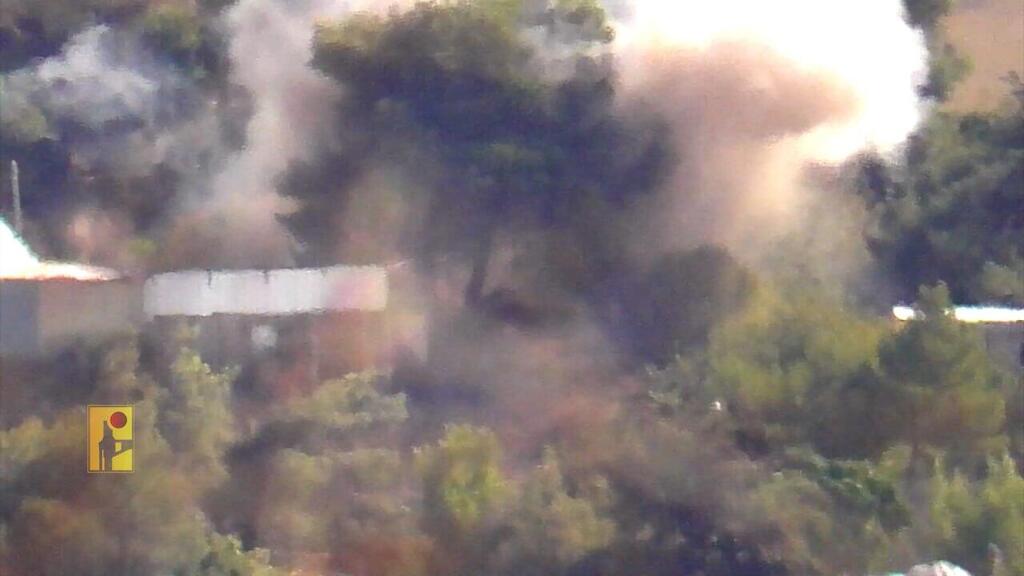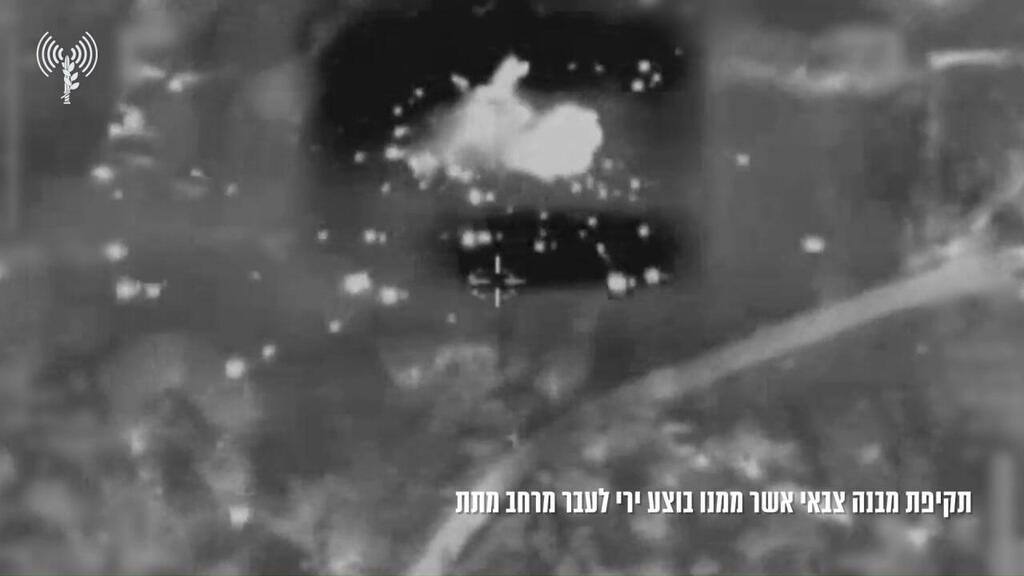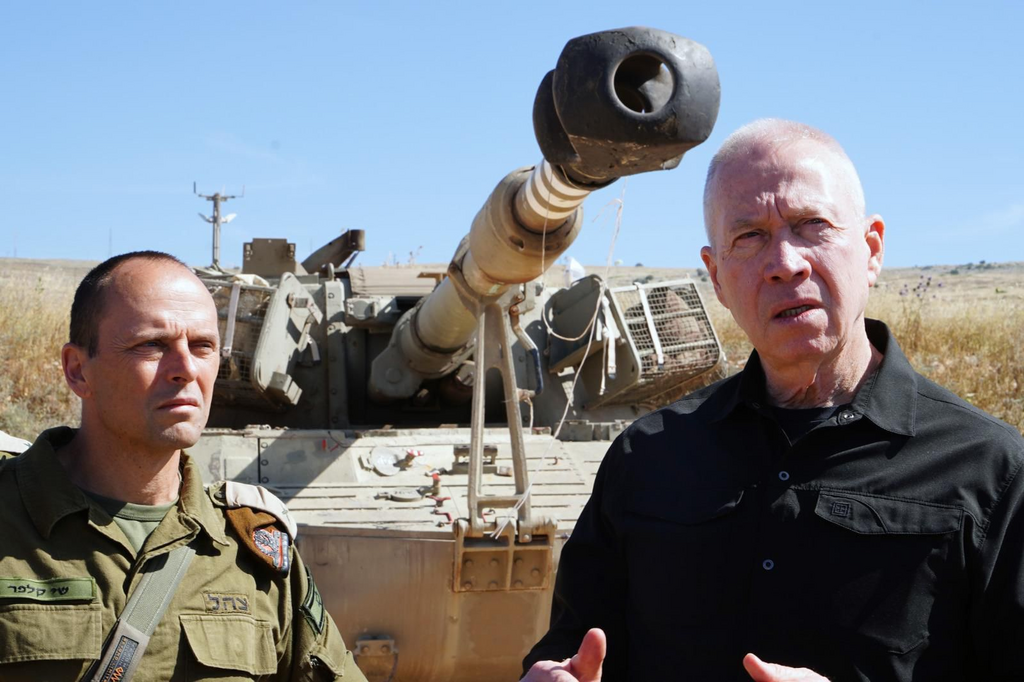Getting your Trinity Audio player ready...
I hesitated to write this column, but after another tough day in the north, I decided to share my thoughts. I served for over four months on the northern border, mainly in Kibbutz Manara and Nir's Cliff.
As an Armored Corps soldier, my main task was to observe southern Lebanon to identify and neutralize the enemy. We worked closely with almost all of the IDF's offensive combat units.
Everything I'm writing here now is based on my perspective and conversations with friends, commanders, and other units in our sector from soldiers to the brigade commander. In conclusion, the operation is led by good, ethical people who truly want to complete their roles to the best of their ability. But the system is weak, rigid, and lacks creativity.
Seven months of war teach us we must respond differently
It's clear that Israel is not interested in another war front while we are focused on the south, but there is still a significant and meaningful response capacity without making the northern front the primary focus. That's why the excuse that the political echelon is preventing a harsher response is not justified.
Artillery fire into open areas is completely unnecessary. It's a bluff nobody believes anymore, not on our side and certainly not the enemy.
1. Israeli responses to fire: Today, the IDF responds in two ways: deterrence, meaning artillery fire into open areas, and the "precise response" which is targeted strikes on enemy cells or targets used by the enemy in the area. Seven months of war teach us that we must respond differently.
Artillery fire into open areas is completely unnecessary. It's a bluff nobody believes anymore, not on our side and certainly not the enemy. It's a costly waste of ammunition and money. Targeted strikes require time and resources because identifying the enemy is challenging. Especially when dealing with a large, complex, or urban area.
The IDF exerts significant effort in this tedious work instead of changing the rules of the game altogether. Firing into Israel should lead to serious damage to the enemy's assets. The target bank must include buildings by the border, valuable assets, infrastructure, and more. Of course, civilian casualties can and must be avoided. I believe that the operation in the north would have ended long ago if half of the artillery shells fired into open areas had landed on significant economic targets for the enemy.
2. The IDF fell in love with the shameful concept called "defensive battle": It's painful to see esteemed commanders adopting this approach. One officer had the audacity to tell hundreds of soldiers that while Gaza is experiencing a "swords of iron" war, the north is experiencing a "nerves of iron" war. How difficult it is to see those sad concepts like 'restraint is power' have returned to IDF. Units spend their time in trenches and shelters, exposed to the weather and enemy fire. It's important to emphasize that some officers who are prisoners of this concept are excellent soldiers and graduates of prestigious academies.
3. Ground incursion: I fought in the Second Lebanon War and we were a significant part of the ground incursion in the eastern sector. We lost dear friends and saw up close what a ground incursion looks like. Even in the current war, we received a mission to prepare for a ground incursion. We learned navigation routes and prepared for the next stage of combat. Unfortunately, I can say with certainty that we are repeating 2006 as if we didn't learn anything.
I'm afraid this is part of the military's square mindset which fits nicely with politicians' need to show 'strength' to their constituents. Therefore, I feel obligated to warn them there's no point in a ground incursion into Lebanon at this stage. The IDF must exploit its immense advantage over Hezbollah and expand its remote attacks.
4. The political echelon is disconnected: I don't know if they're doing it intentionally or by mistake, but it's absurd to see and hear the political echelon comment about the situation in the north. Netanyahu, Gallant and others visited our area and made delusional statements. Is the enemy retreating? Either these are liars or there is a serious disconnection between the military and the political echelons. I don't see a third option.
 Elkana Bar Eitan
Elkana Bar Eitan5. Displaced civilians: the fact that tens of thousands of residents are evacuated from their homes is shameful, a disgrace. It's hard to describe the suffering of individuals and families. We see the breakdown of communities and a general sense of loss. It will take years to recover from the economic damage, erosion of deterrence, and the loss of trust between the government and the residents. We must allow the residents of the north to return home immediately. Perhaps only this will shake up the system and force the generals to break out of the defeatist pattern and strive for victory.
Elkana Bar Eitan, a resident of the north and a reserve soldier, is a real estate and investment entrepreneur





